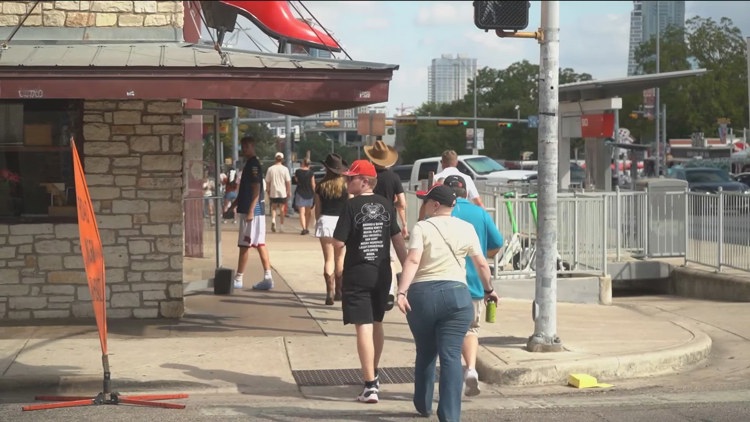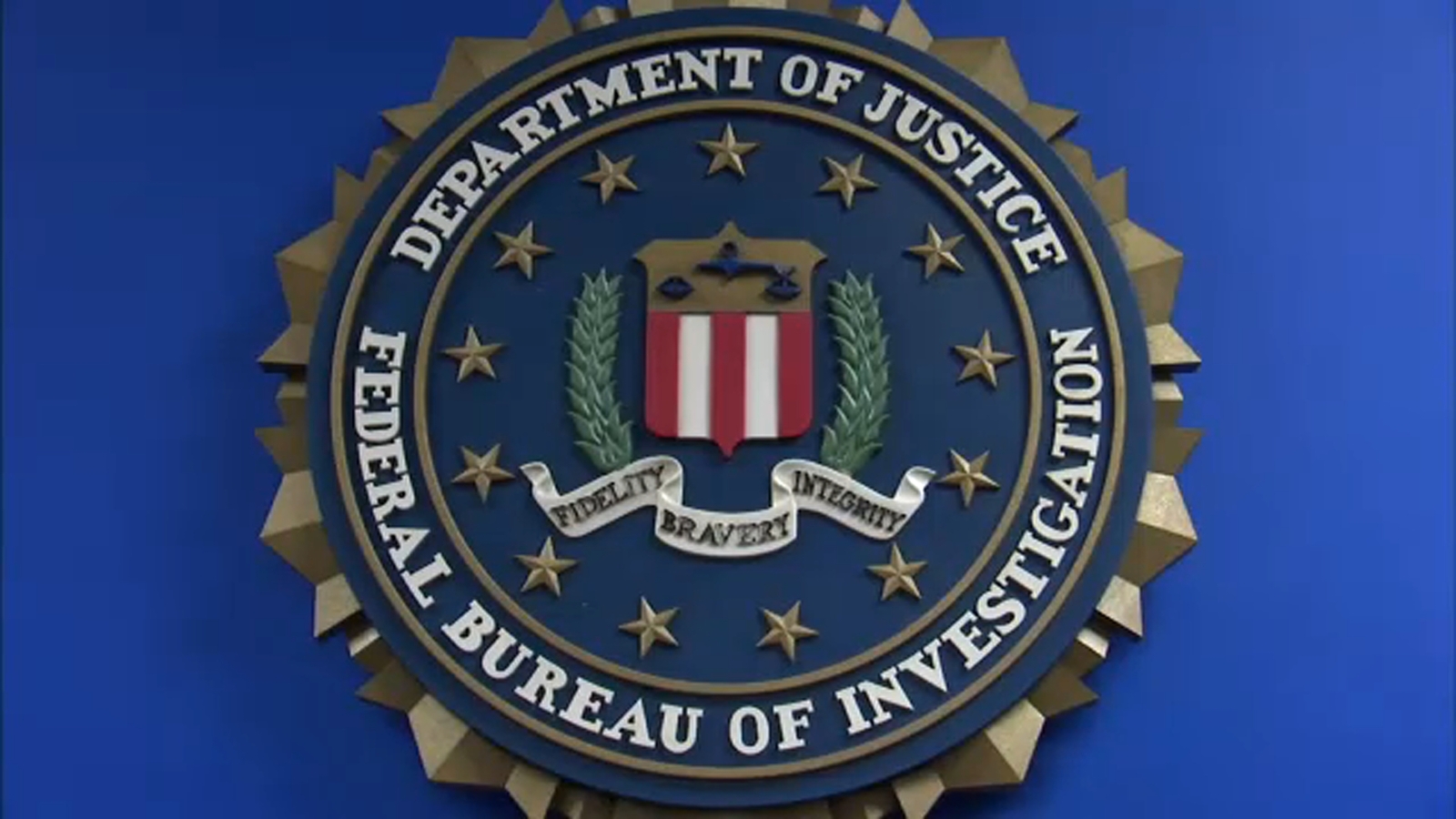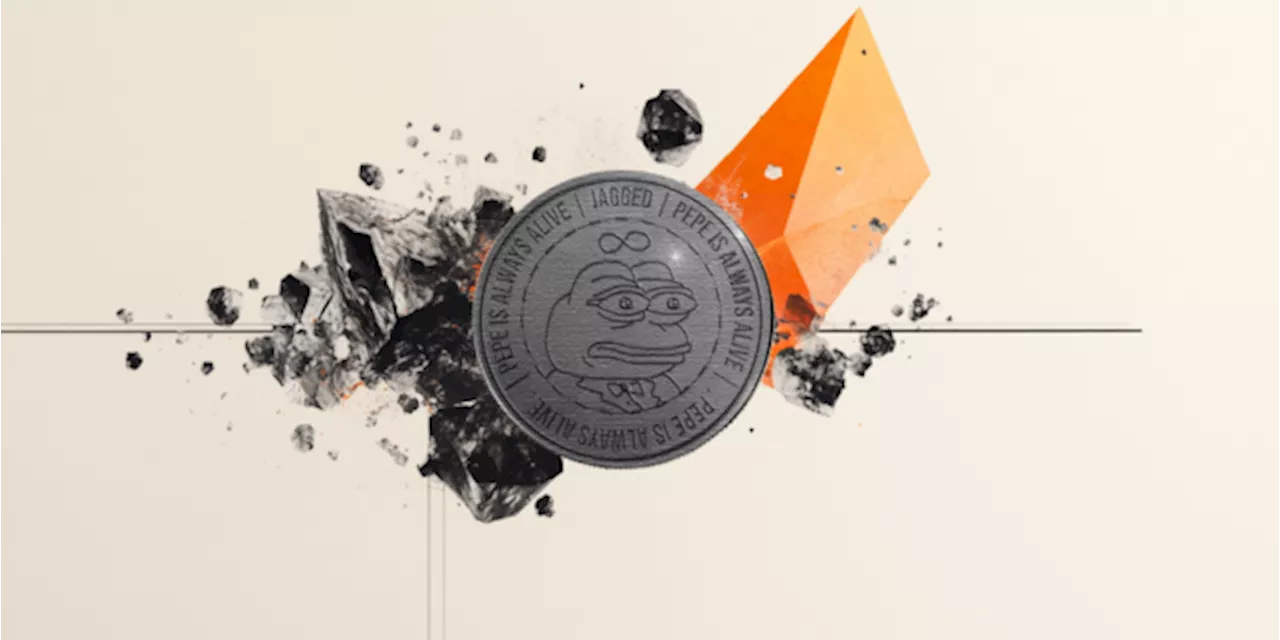UPDATE: Early voting for Austin’s contentious Proposition Q kicks off Monday, with city leaders urging residents to approve a property tax increase that could generate an estimated $110 million this fiscal year for essential public safety and homelessness services. As Election Day approaches on November 4, the community remains sharply divided on the implications of this significant tax hike.
Proposition Q proposes a permanent increase of 5 cents per $100 of personal taxable value. Supporters argue that the funds are crucial for maintaining vital city programs, while opponents fear it could further burden local businesses and residents already grappling with rising costs.
Brandon Hodge, owner of Big Top Candy Shop, expressed his concerns, noting, “Renovations and rent hikes have already increased by tenfold since the early 2000s.” Hodge worries that the additional tax burden could lead to further increases in rent, which he has already felt this summer as expenses surged. “If everyone’s prices are increasing, they can’t afford to come in and buy a treat,” he added, highlighting the potential impact on local consumption and business sustainability.
In contrast, Brydan Summers, president of the American Federation of State, County and Municipal Employees Local 1624, emphasized the necessity of the proposed funding. “Federal funding cuts have already pulled vital resources from our public health department and other essential services,” he stated. Summers warned that without the new revenue, “the city will seriously start looking at layoffs over the next several years,” as the city faces a projected budget deficit of $33 million this year, escalating to $80 million in five years.
As early voting begins, the stakes are high for both sides. Proponents argue that the tax increase is a moral imperative to support those in need, while opponents worry it could exacerbate economic strain in a city where affordability is a growing concern.
With arguments intensifying, Hodge and Summers encapsulate the divide: Hodge believes tax dollars should be allocated more efficiently, while Summers insists that funding these programs is essential for community welfare.
The community now faces a critical choice. Early voting starts on Monday, and as residents weigh their options, the outcome of Proposition Q could redefine Austin’s financial landscape and social services for years to come.
What happens next? Voters will head to the polls on November 4 to decide the fate of Proposition Q, making this an urgent and pivotal moment for Austin.







